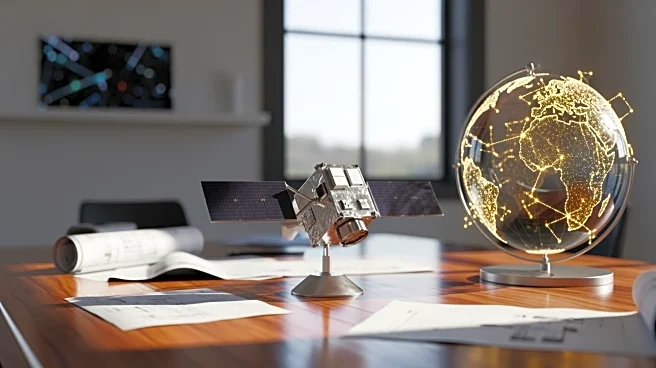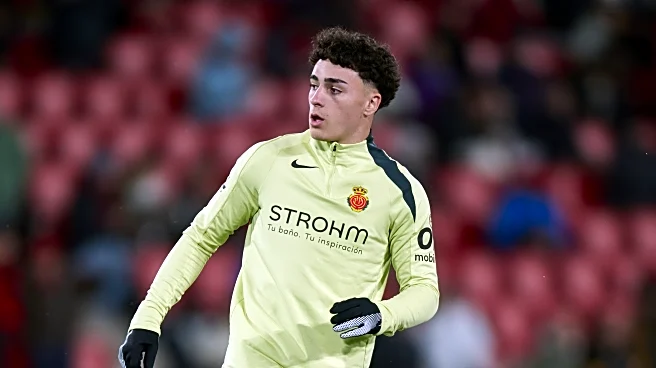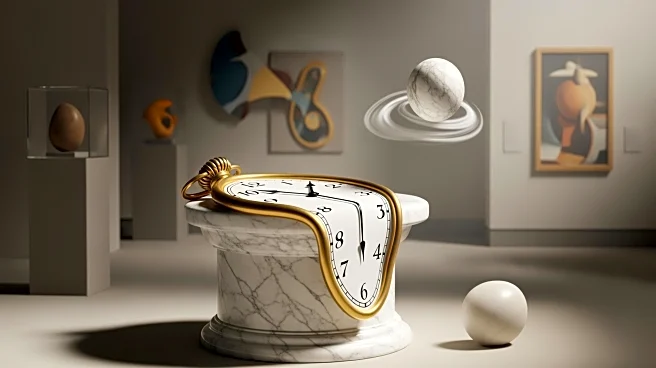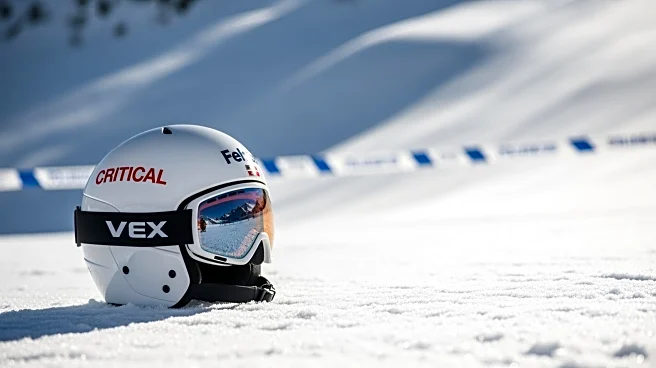What's Happening?
Kateryna, a 16-year-old refugee from Ukraine, has made significant strides in space technology research at Swansea University's Centre of Integrative Semiconductor Materials (CISM). After fleeing the war
in Ukraine, she lived in a hotel room with her family before securing an internship at CISM, where she focused on space-based solar panels. Her work involves researching semiconductors that can withstand extreme temperatures in space, aiming to improve energy harvesting from the sun. Kateryna's achievements have set a high benchmark for future programs at CISM, and her project will be further studied by older undergraduates.
Why It's Important?
Kateryna's success story highlights the potential of young refugees to contribute significantly to scientific advancements, despite challenging circumstances. Her work on space-based solar panels is crucial for developing sustainable energy solutions, which could have a profound impact on achieving net-zero goals globally. This case underscores the importance of providing educational opportunities to refugees, enabling them to contribute to their host countries and the global scientific community. It also reflects the broader societal benefits of integrating refugees into educational and professional environments.
Beyond the Headlines
Kateryna's journey from a war-torn country to a promising scientific career illustrates the resilience and potential of refugees. Her story challenges stereotypes and highlights the need for supportive policies that facilitate the integration of refugees into educational and professional sectors. It also raises awareness about the ongoing humanitarian needs in Ukraine, emphasizing the importance of international support and solidarity.










